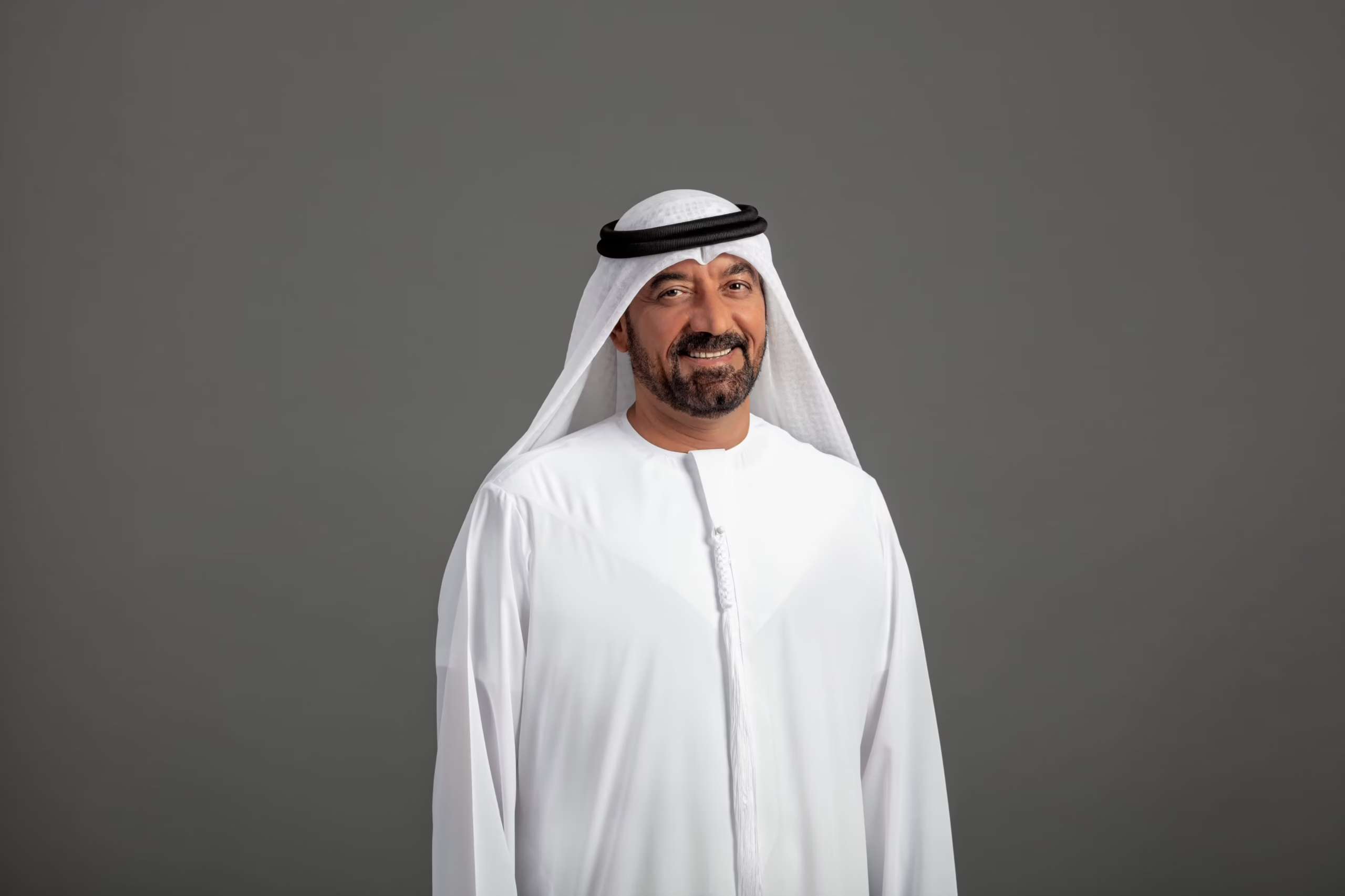The Dubai Free Zones Council (DFZC), chaired by His Highness Sheikh Ahmed bin Saeed Al Maktoum, convened its 31st meeting to review a set of regulatory and strategic initiatives designed to reinforce sustainable economic growth and elevate Dubai’s standing as a global business hub.
The meeting focused on strengthening the legislative environment across the emirate’s free zones to ensure flexibility, integration, and investor confidence. Key topics included compliance with national anti-money laundering guidelines, digital transformation, and a review of Executive Council Resolution No. (11) of 2025, which governs the operation of free zone entities in Dubai.
Focus on AML Compliance and National Risk Alignment
Council members reviewed the implementation progress of the UAE National Anti-Money Laundering and Combating Financing of Terrorism and Financing of Illegal Organizations Committee (NAMLCFTC) guidelines. Discussions centered on alignment with the National Risk Assessment (NRA), data quality, and operational readiness, with an eye on the 2025–2027 evaluation cycle.
A set of recommendations was presented to boost compliance efficiency and ensure Dubai’s free zones are fully aligned with federal mandates and international standards.
New Resolution Streamlines Business Expansion
A significant focus of the session was the operationalisation of Executive Council Resolution No. (11) of 2025, which enables businesses operating in free zones to expand within Dubai without the need to create new legal entities.
The Council reviewed dual licensing conditions, digital integration plans, and alignment with the Dubai Economic Agenda D33, which aims to double Dubai’s economy over the next decade and position the emirate among the top three global cities.
Accelerating Digital and Regulatory Integration
To further streamline procedures, the Council discussed the digitisation of licensing and approval processes in coordination with local and federal bodies. Key proposals included:
- Adoption of unified standards
- Risk-based classification of business activities
- Fast-tracking strategic projects
- Resolving jurisdictional overlaps between regulatory entities
Strategic Vision and Future Roadmap
Members also received updates on the development of special economic zones, reviewed recent achievements, and discussed new initiatives aimed at strengthening Dubai’s free zone ecosystem.
The meeting reaffirmed the Council’s commitment to enhancing Dubai’s investment environment through pro-business reforms, regulatory innovation, and global benchmarking—key pillars in advancing the emirate’s long-term economic vision.
(With input from Dubai Media Office)





